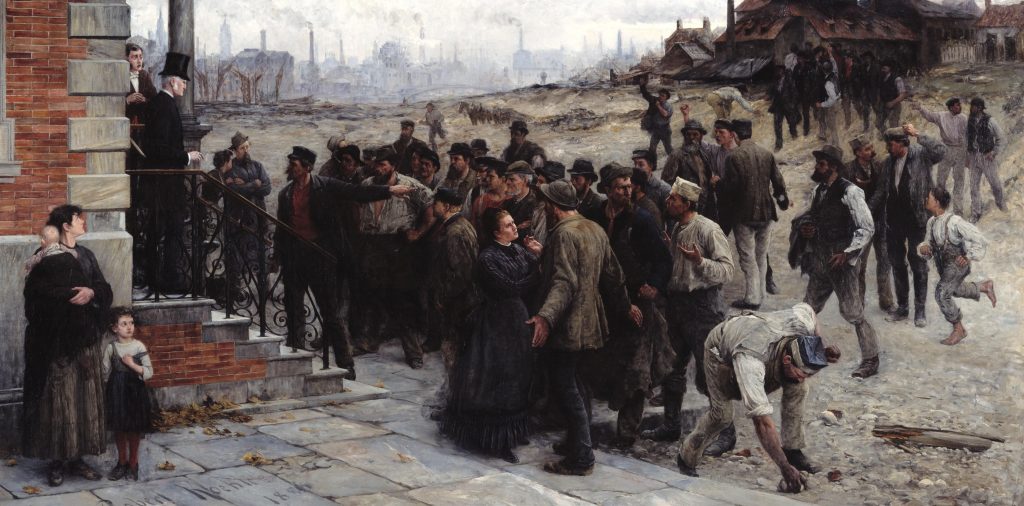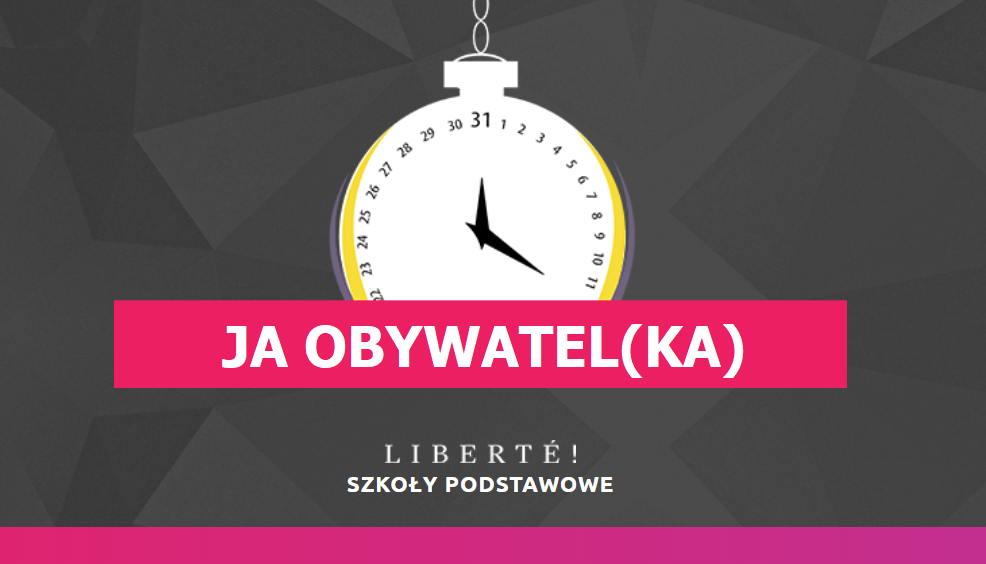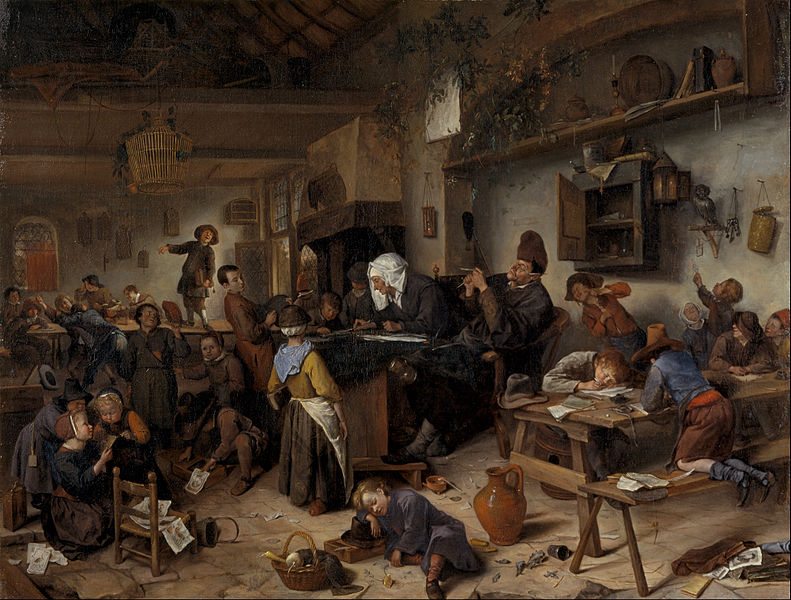
Learning to Be: Does School Dare to Ask Why?
BY
LFMI / June 3, 2025
Children, parents, and teachers alike are increasingly questioning the school system. Ongoing reforms are gradually changing its face, yet often only superficially. The pupils suffer the most. Too much attention is paid to \"what?\" and too little to \"why?\". The lack of meaning compounds their fear of not knowing.








![[PUBLICATION] Teachers’ Pay with Sober Head [PUBLICATION] Teachers’ Pay with Sober Head](http://4liberty.eu/phidroav/2021/02/800px-Winslow_Homer_-_The_Country_School.jpg)

